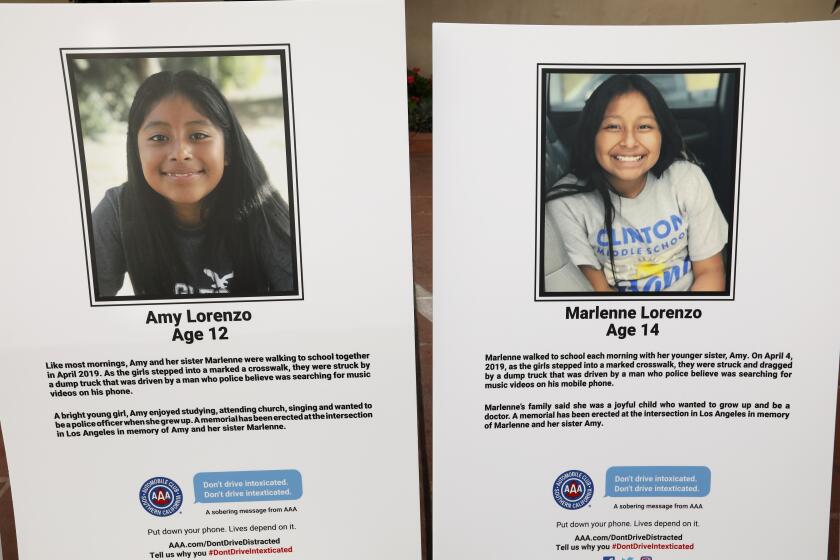The Times podcast: The history behind Kamala Harris, ‘Do not come’ and Guatemala

Listen to this episode of The Times: Apple | Spotify | Stitcher | Google
Last week, Vice President Kamala Harris traveled to Central America and Mexico as part of the Biden administration’s strategy to address this country’s immigration issues. Supporters expected a kinder approach than that of the Trump administration. But with three simple words — “Do not come” — Harris ignited controversy.
Today, we talk to L.A. Times immigration reporter Cindy Carcamo about the backlash over Harris’ remarks, and whether President Biden’s immigration policies are markedly different from those of his predecessor. We also hear from Giovanni Batz, a Guatemalan American scholar about how U.S. foreign policy has long pushed Guatemalans out of their homeland and toward El Norte.
Host: Gustavo Arellano
Guests: L.A. Times immigration reporter Cindy Carcamo, and Giovanni Batz, postdoctoral fellow in the Department of Native American Studies at UC Davis
More reading:
‘Do not come’: Kamala Harris’ three words to Guatemalans stir debate and backlash
Guatemalan lives are thrown into upheaval by failed immigration bids
Documents Reveal CIA Guatemala Assassination Plots
Listen to more episodes of The Times here
More to Read
About The Times






